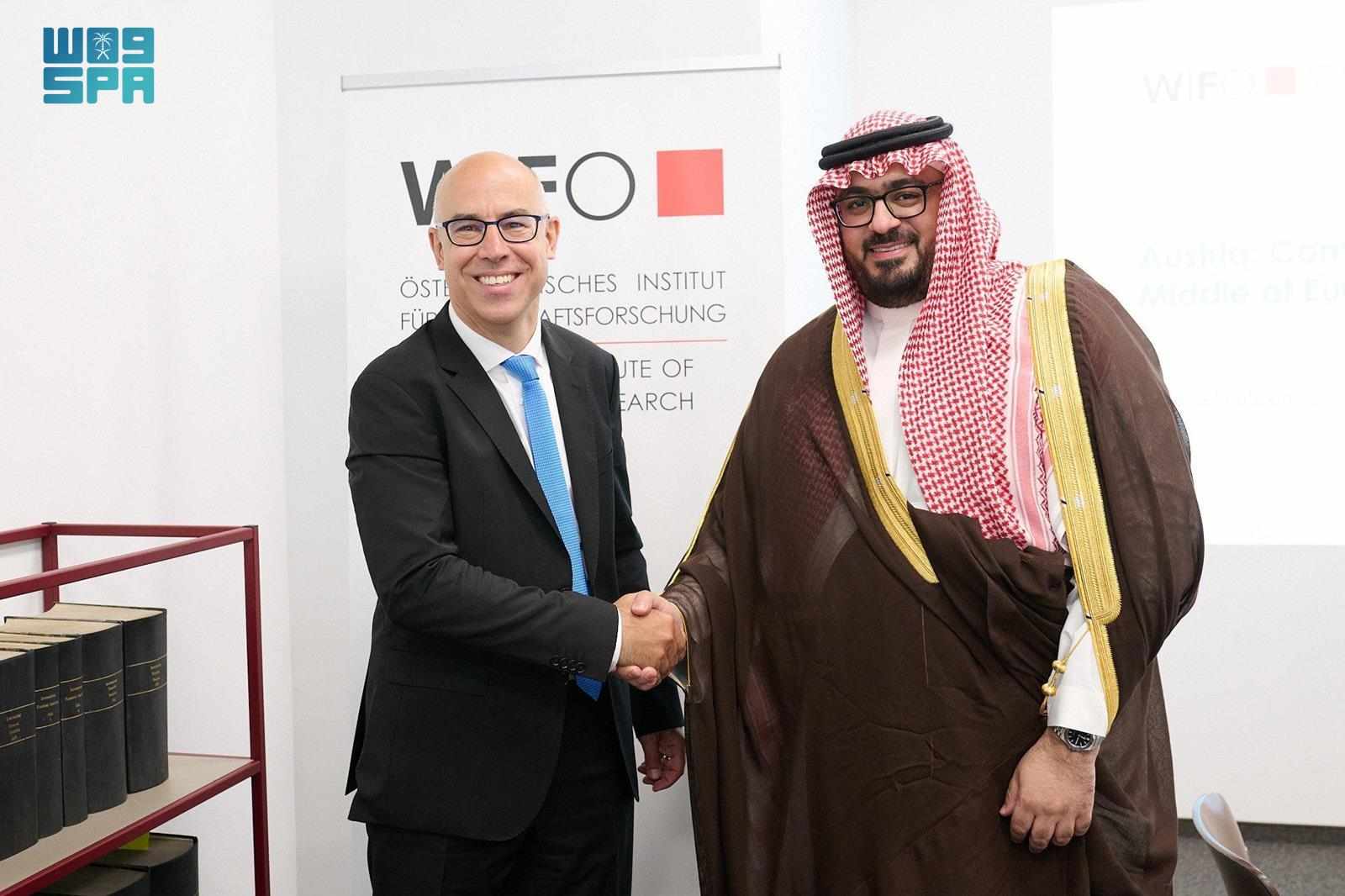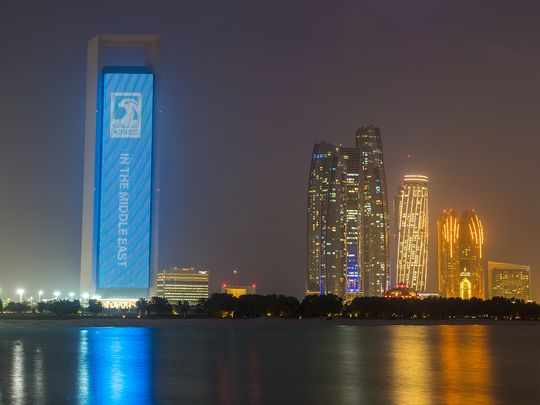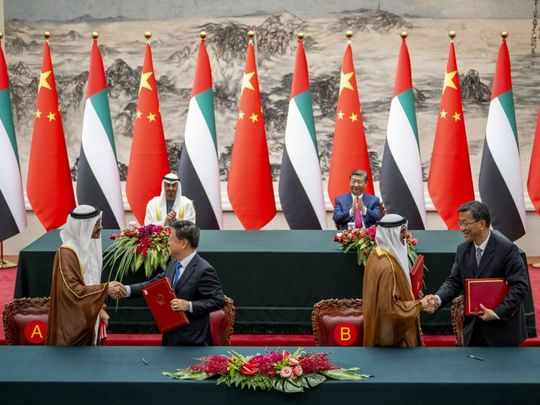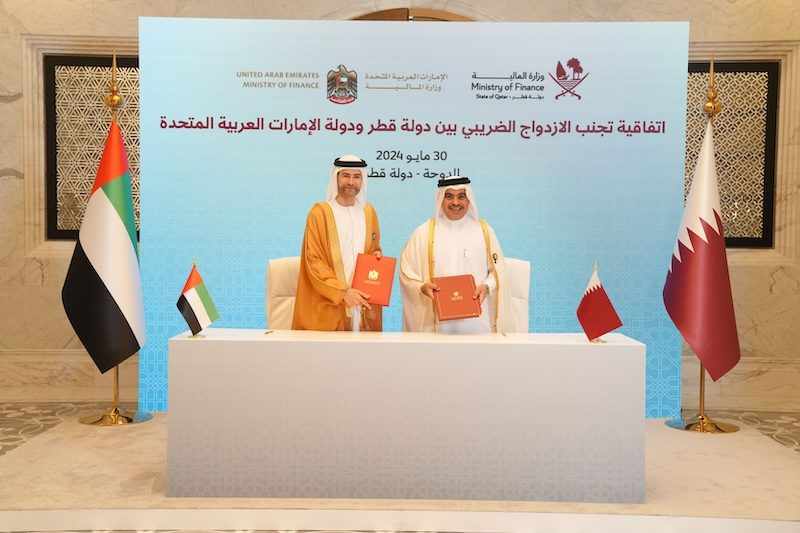Middle East-Asia partnership poised to enter a new phase
- Date: 06-Aug-2022
- Source: Gulf News
- Sector:Financial Services
- Country:UAE
Middle East-Asia partnership poised to enter a new phase
As US-China tension flares over Taiwan, Middle East-Asia cooperation continues to offer a more positive outlook. A creative idea that could bolster this solidarity is the untapped potential of a ‘blue economy’. This is an emerging concept for ocean governance that harnesses the economic capabilities of oceans in environmentally sustainable ways. It is also defined as “all economic activities related to oceans and seas” that constitute 71% of the earth’s surface and covers “a wide range of interlinked established and emerging sectors”. The blue economy could address some major regional issues of concern, including transformation to a knowledge-based economy, climate change, food security, and economic cooperation to expand regional and global connectivity. Amid an uptick in minilateral partnerships like the I2U2 — involving India, Israel, the United States and the UAE — a blue economy agenda could be a game changer. It becomes pertinent as the UAE, for example, has signed Comprehensive Economic Partnership Agreements with India, Israel and Indonesia during the first half of 2022, and is negotiating similar agreements with at least another six. The UAE is also broadening economic engagement with China, Japan and South Korea, among others. This could receive impetus if a blue economy agenda





















